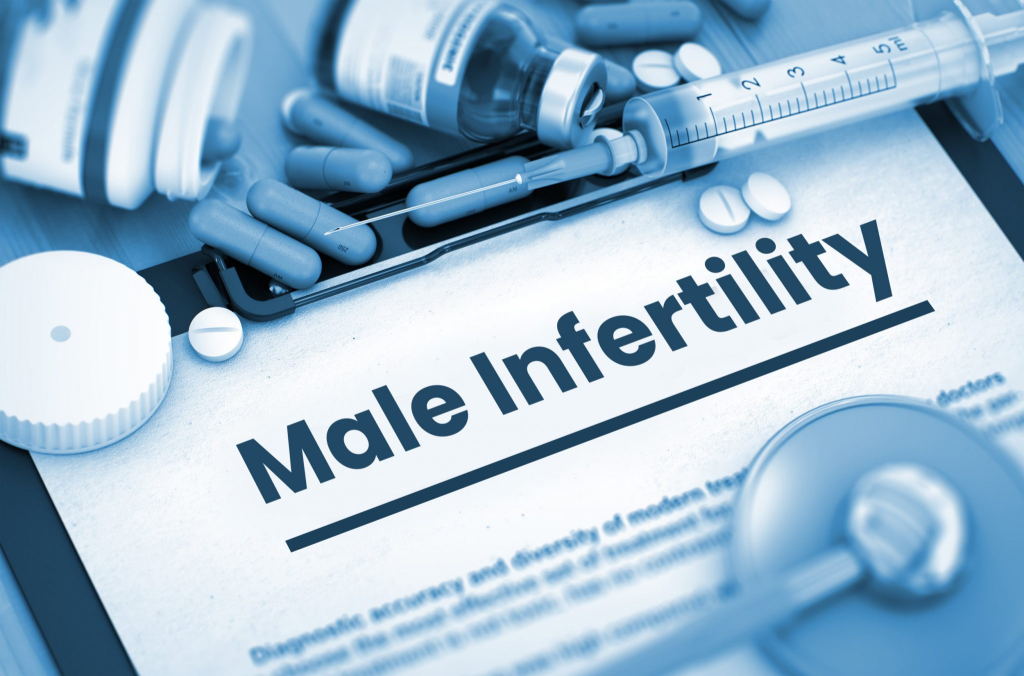
Male Factors Contributing to Infertility
Infertility is often thought of as a women-centered issue, but research shows that male factors contribute to nearly half of all infertility cases. Understanding the causes can help couples seek the right help early and improve their chances of conception. Below are some of the most common male-related factors that affect fertility:
1. Low Sperm Count (Oligospermia)
A reduced number of sperm cells is one of the leading causes of infertility in men. Low sperm count can result from hormonal imbalances, lifestyle factors, genetic issues, or certain medical conditions. When sperm levels are below normal, the chances of fertilizing an egg naturally decrease.
2. Poor Sperm Motility
Sperm motility refers to the ability of sperm to swim effectively. If sperm cannot move properly or fast enough, reaching and fertilizing the egg becomes difficult. Conditions like infections, prolonged heat exposure, or unhealthy habits such as smoking can affect motility.
3. Abnormal Sperm Shape (Morphology Issues)
Healthy sperm have a standard shape that helps them penetrate the egg. When a high percentage of sperm are abnormally shaped, their ability to fertilize the egg becomes limited. Morphology problems may stem from genetic factors, toxins, or testicular damage.
4. Hormonal Imbalances
Hormones like testosterone, LH, and FSH regulate sperm production. If these hormones are not at optimal levels, sperm production can be disrupted. Hormonal disorders, stress, and certain medications can affect the balance needed for fertility.
5. Varicocele
A varicocele is an enlargement of the veins within the scrotum, which can increase temperature around the testes and impair sperm production. It is one of the most common reversible causes of male infertility.
6. Infections
Sexually transmitted infections (STIs), urinary tract infections, and inflammation of reproductive organs can all interfere with sperm quality or block sperm pathways. Early diagnosis and treatment are crucial.
7. Lifestyle and Environmental Factors
Habits and exposures like smoking, alcohol abuse, drug use, obesity, stress, and prolonged exposure to heat or chemicals can negatively affect sperm health. Making healthy lifestyle choices can significantly improve fertility outcomes.
8. Structural or Genetic Conditions
Obstructions in the reproductive tract, undescended testes, or genetic abnormalities like Klinefelter syndrome can prevent normal sperm production or delivery.
Conclusion
Male infertility is common, but with the right evaluation and treatment, many couples can achieve pregnancy. Early diagnosis, lifestyle adjustments, and medical support can make a significant difference. If you suspect any challenges, seeking help from a fertility specialist is the first step toward a hopeful future.
